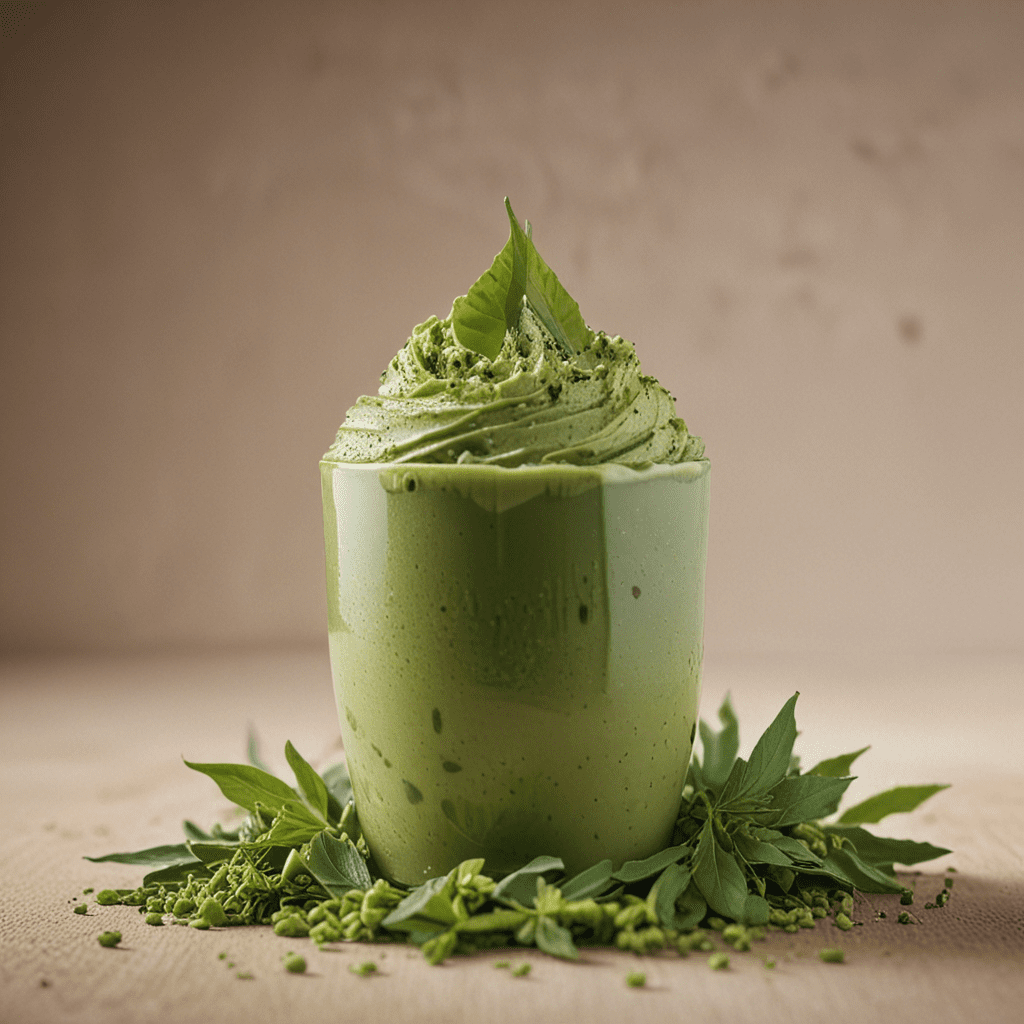
Oolong Tea and Its Antioxidant Benefits
Oolong tea, a traditional Chinese tea with a unique taste and aroma, has gained popularity not only for its flavor but also for its potential health benefits. One of the key reasons for its growing reputation is its rich antioxidant content, which plays a crucial role in promoting overall well-being. Let’s delve deeper into the world of oolong tea and uncover its antioxidant benefits.
Understanding Antioxidants
Antioxidants are compounds that help protect our cells from damage caused by free radicals. Free radicals are unstable molecules that can lead to oxidative stress, which is linked to various chronic diseases and aging. By neutralizing these free radicals, antioxidants play a significant role in maintaining good health and reducing the risk of illnesses.
Antioxidant-rich Oolong Tea
Oolong tea is known to be a rich source of antioxidants, including polyphenols, flavonoids, and catechins. These antioxidants help combat oxidative stress in the body and support cellular health. The specific antioxidants found in oolong tea have been studied for their potential benefits in reducing inflammation, improving heart health, and even aiding in weight management.
Benefits of Antioxidants in Oolong Tea
1. Improved Heart Health: The antioxidants present in oolong tea may help lower cholesterol levels and promote heart health by reducing the risk of heart disease and improving blood vessel function.
2. Weight Management: Some studies suggest that the polyphenols in oolong tea could help boost metabolism and increase fat oxidation, potentially aiding in weight loss or weight management efforts.
3. Cellular Protection: By fighting oxidative stress, the antioxidants in oolong tea may help protect cells from damage and reduce the risk of certain chronic diseases.
How to Enjoy Oolong Tea
To reap the antioxidant benefits of oolong tea, it’s essential to brew it correctly. You can steep oolong tea leaves in hot water for a few minutes to release its flavors and antioxidants. Whether you prefer it hot or iced, oolong tea can be a delicious and healthy addition to your daily routine.
Conclusion
Oolong tea’s antioxidant properties make it a valuable beverage for those looking to enhance their overall health and well-being. By incorporating oolong tea into your diet, you can not only enjoy its unique taste but also harness the power of antioxidants to support your body’s defenses against free radicals. Embrace the goodness of oolong tea and experience its antioxidant benefits firsthand!
FAQs About Oolong Tea and Its Antioxidant Benefits
What is oolong tea?
Oolong tea is a traditional Chinese tea that falls between green and black tea in terms of oxidation levels. It is known for its unique flavor profile and various health benefits.
How do antioxidants in oolong tea benefit health?
Antioxidants in oolong tea, such as polyphenols, help combat free radicals in the body, reducing oxidative stress and inflammation. This can promote overall health and may lower the risk of chronic diseases.
What are the specific antioxidants found in oolong tea?
Oolong tea contains a variety of antioxidants, including catechins, theaflavins, and thearubigins. These compounds have been linked to improved heart health, better digestion, and even potential weight management benefits.
How can I incorporate oolong tea into my daily routine to maximize its antioxidant benefits?
To fully reap the antioxidant benefits of oolong tea, consider brewing it using hot water below boiling temperature and allowing it to steep for 2-3 minutes. You can enjoy it as a soothing morning beverage or as a refreshing iced tea for a healthful boost throughout the day.

